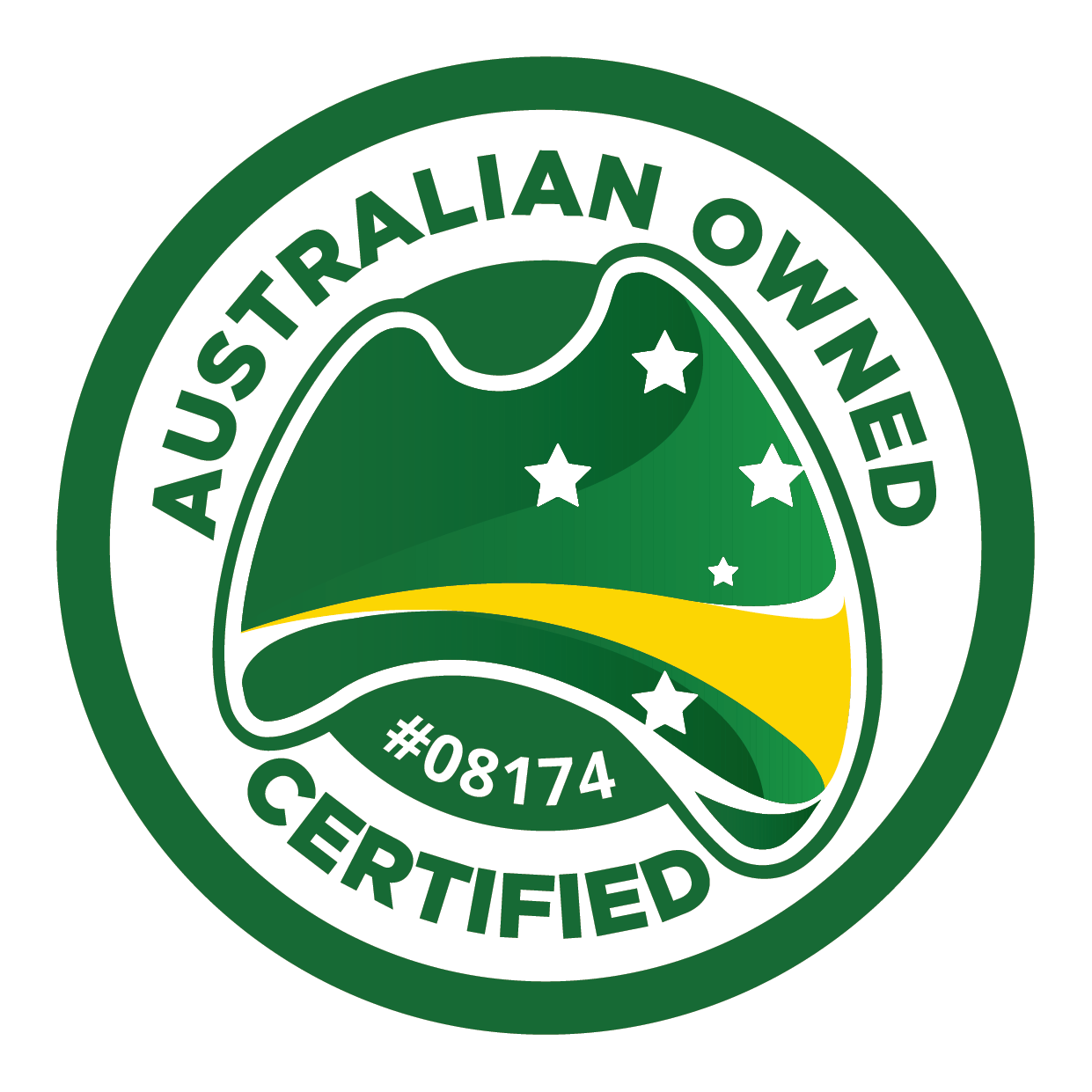VET student loans to support only genuine students.

The education minister, Simon Birmingham, has revealed strict new rules for courses and training organisations in the VET student loans program that will penalise colleges with less than 75% pass rates by restricting enrolments.
The Department of Education expects the reforms, which begin at the start of next year, to remove about a third of all private colleges from access to the loans scheme. The new criteria – which only provides provisional approval – could cut eligibility completely for more than 60 colleges whose students are currently approved under the existing system for access to loans. And colleges with higher pass rates and better results will be able to enrol more students who will be covered by government loans.
For private colleges:
- If the pass rate of the approved course is 75% and above, the college will be able to enrol 10% more students than their existing numbers in that course.
- If the pass rate of the approved course is between 50-75%, the college will be able to enrol 25% less students than their existing number in that course.
- Courses with a pass rate below 50% will not get access to loans.
Around 478 of the current 800 VET FEE-HELP courses will be excluded for the new student loan – which is due to come into effect from 1 January, 2017.
These subjects include diplomas in: musical theatre, journalism, mind body medicine, clinical hypnotherapy and creative arts in christian ministry, circus arts, facilitation, life coaching, butler service management and dance movement therapy.
Labelled “lifestyle courses” by the government, they had low enrolment rates and were unlikely to directly lead to employment.
Department of Education figures show that there are currently around 144,000 students enrolled in VET FEE-HELP course in Australia. Of those, about 7,000 (5%) will be affected by the changes to which courses are eligible for VET Student Loans
The government has left open a two week period for feedback and consultation to see if a case can or will be made that any of these courses would have strong employment outcomes.
One college that has already collapsed, the Australian Institute of Professional Education, had a course completion rate of just 1.3 per cent, court documents show.
Another big provider, Evocca College, had a course completion rate of 20.4 per cent last year, according to Education Department statistics, while its competitor Study Group had a completion rate of 27.9 per cent.
“These provisional approval requirements will ensure that high-quality vocational education providers can continue to deliver courses that students and employers value while those providers apply for longer-term access to vocational education student loans,” the minister said.
While all public providers will be approved under new transition scheme, similar rules will apply to set public course caps except where public colleges have a course pass rate of below 50%. In the transition period, those colleges will be able to enrol students covered by loans but their cap will be cut in half.
Birmingham said the provisional rules were designed to reward providers who have high student completion rates and proven links to industry and business.
“These provisional approval requirements will ensure that high quality vocational education providers can continue to deliver courses that students and employers value while those providers apply for longer-term access to VET student loans.”
Public TAFEs with a course completion rate of below 50 per cent will still be allowed to enrol students into that course, but the number of enrolments will be halved compared with this year.
“Vocational education student loans will only support genuine students to undertake industry-linked and value-for-money courses at quality training providers,” Senator Birmingham said.
Reference:
The Australian












